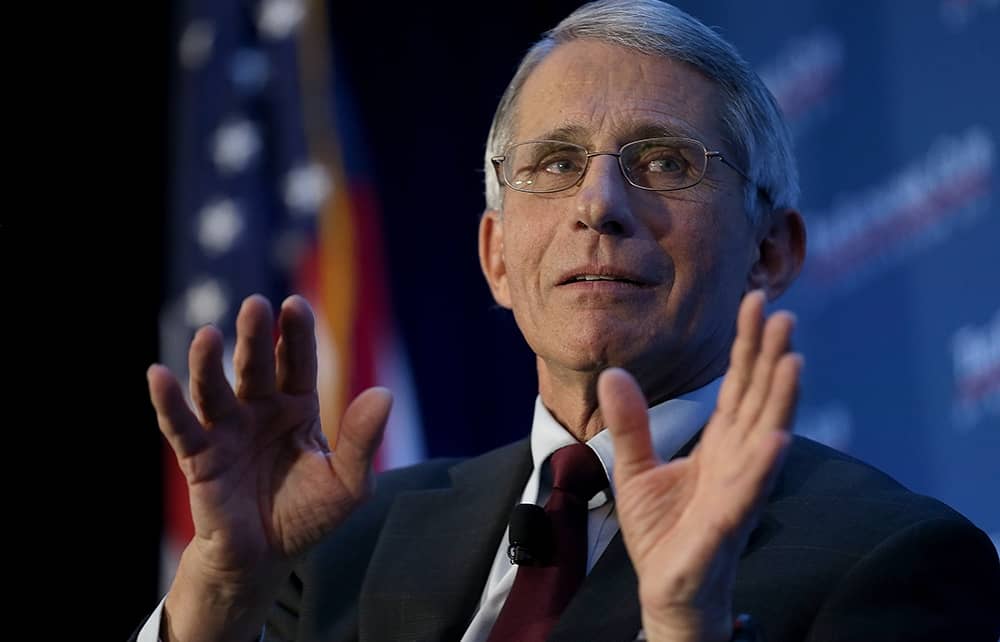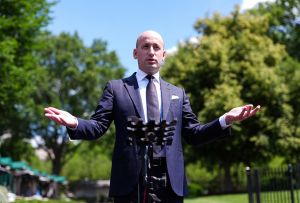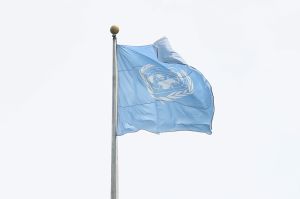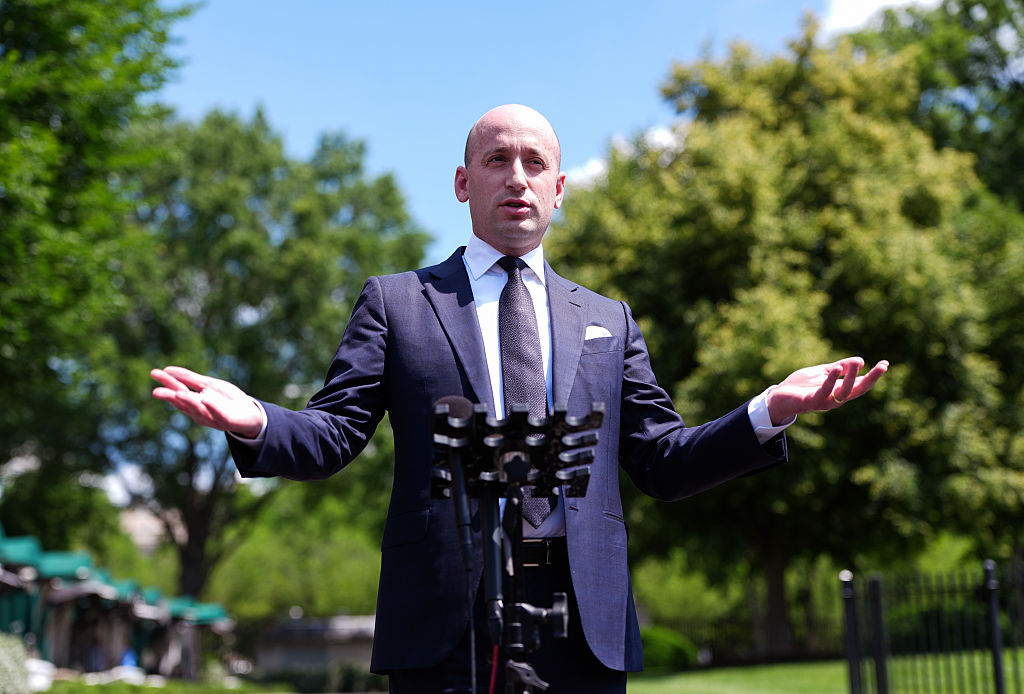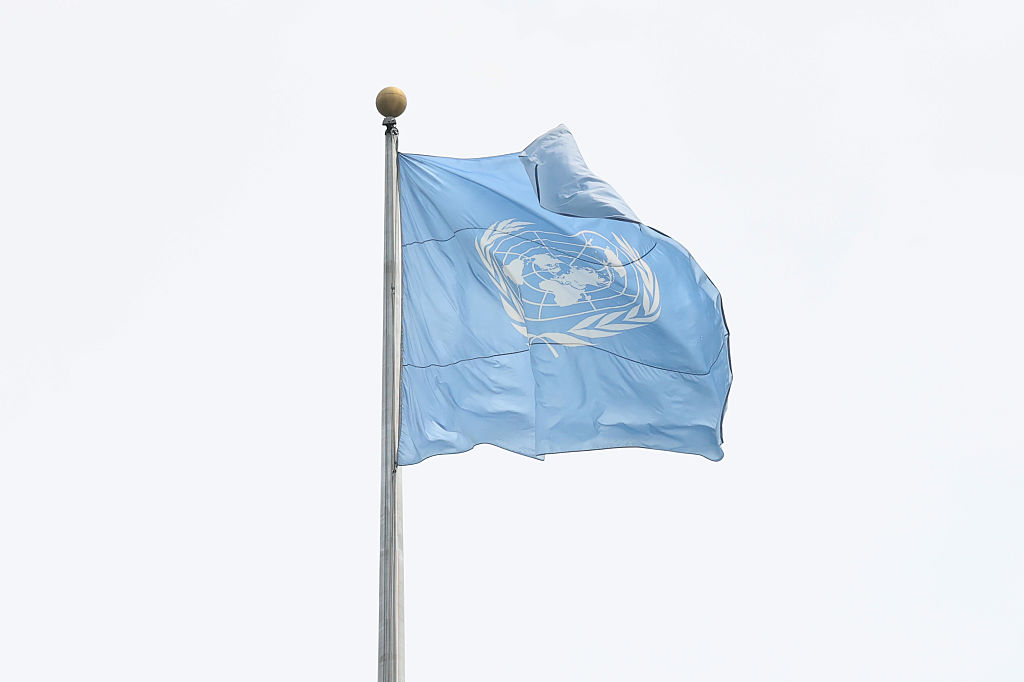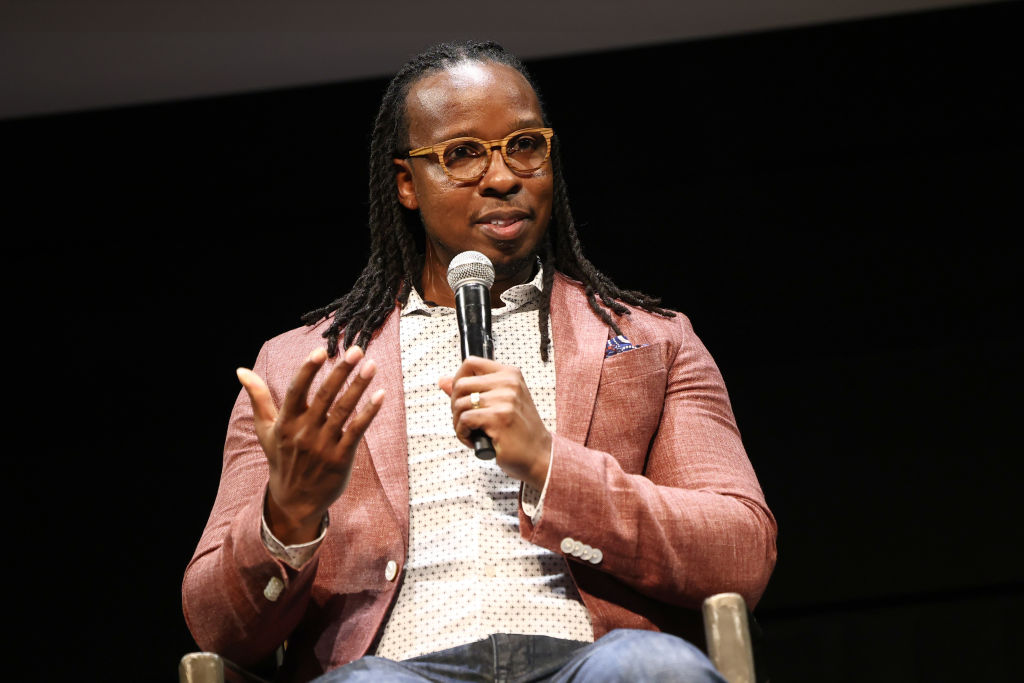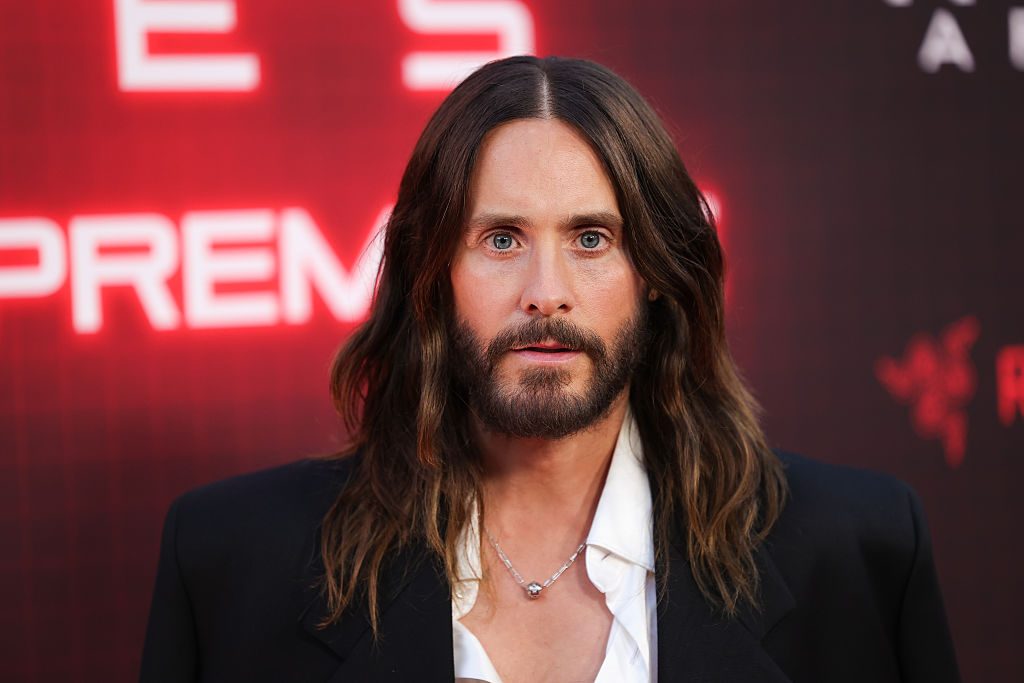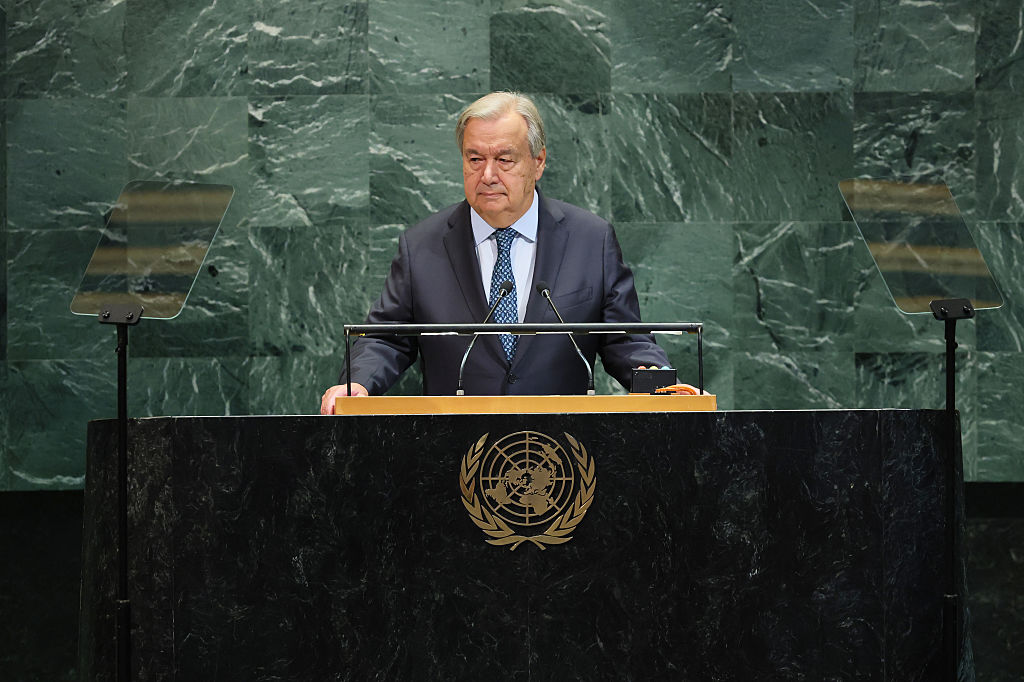We’re all in major trouble anyway, so may as well throw another culture war onto the bonfire. How about this: specialists versus generalists. You can picture it now: the specialists refuse to fight except through a very esoteric discipline that only they understand and won’t shut up about. While the generalists fight any way they can, on the beaches, on the landing grounds — and badly all around.
The debate between specialists and generalists is an old one, and these days it isn’t much of a debate at all. The specialists have all but routed their generalist foes, and are busy dictating terms (in extremely technical language with plenty of appendices). To be a generalist today is to have a whiff of Sean Hannity about you; it’s to be one of those gross pundits on TV who shout about everything and understand nothing. It’s to be, as Fitzgerald put it, “that most limited of specialists, the well-rounded man.” Whereas to be a specialist is to be an expert in a particular field, which is to say a high priest of the secular order.
I teach opinion writing classes and one of the first bits of advice I always give is to find a specialty. Don’t be pointlessly outraged about the state of the world, say I, be pointlessly outraged about the farm subsidy system or Iran sanctions. Yet at risk of undermining my own lesson plan, I’d like to put in a good word for the generalists here. Because lately we’ve been letting specialists run our lives, and the results have not been great.
The most obvious specialist project was our Covid response. Suddenly, virology wasn’t just that department on the hospital directory that you glazed past while searching for your podiatrist. It was the key to our very survival. Anthony Fauci went from an obscure government employee to a kind of oracle in a lab coat, his every utterance treated like a vision passed down from Delphi. And with the most powerful generalist on earth insisting Covid might be treated with a stiff Clorox cocktail, the need for expertise seemed starker than ever.
The problem is that the specialists behaved like, well, specialists. Several accounts from out of the Trump administration have indicated that medical experts like Fauci refused to consider anything that strayed outside their discipline. The economic costs of lockdowns, the toll on mental health, the effect on children’s education — all this was cast aside in favor of a singular focus on the virus. The result was surely to prevent some spread of Covid. But it was also to bequeath untold unintended consequences. Violent crime has skyrocketed since the lockdowns. So has drug and alcohol abuse. Our children’s education has been stunted. Pent-up energy exploded into street riots.
None of this comes as a surprise to the generalist, or anyone else who took a more holistic view of Covid measures. Only the specialist, immersed in his own discipline at the expense of all others, was left reeling.
Then there’s climate change, another alleged crisis that elevates Joe Expert into a starring role. This time, it’s the climatologists who are the dashing heroes, and given that dissent within climatology is all but not allowed, the resulting narrative is about as complex as Hollywood would have it. Climate scientists struggle to save the world. Evil oil barons and automaniacally cackling Republicans will do anything to stop them. Statisticians who warn that this is a bad use of resources, energy experts who note that renewables aren’t sustainable in the long run, journalists who point to the damage green policies have done to Appalachia — all get pushed to the margin. One specialty to rule them all.
You could even make a case that the racialist nonsense being peddled in our schools is an example of specialists gone wild. Surely America was due for a reckoning after the killing of George Floyd. Yet what we did was to go and elevate a new field of expertise, called Diversity, Equity, and Inclusion, which was then given free rein in classrooms. Today, DEI specialists are often paid more than teachers, with the latter forced to defer to them on matters of curriculum and discipline.
It’s on this note that we return to our old friend the generalist. He’s come into a bad odor lately, thanks to the rise of know-nothing pundits. Yet if your least favorite MSNBC talking head is a generalist, dabbling in everything while understanding nothing, then so was Thomas Jefferson, dabbling in everything while understanding just about everything. To be well-rounded used to be a basic necessity of intellectual life. To grasp the world, let alone to dictate to it, you had to seek it out in all its variety. Back then, you couldn’t even get your hand stamped without being able to write in Greek and Latin.
Instead, what we have today is more like tyranny by whatever specialty happens to have rotated into favor. It’s a far more arbitrary and unstable approach than that comforting word “expertise” is supposed to convey. There is more to life than just The Science™, broadly promulgated and narrowly understood. And there’s more to government than dialing 1-800-EXPERTS every time a problem crops up. Yes, you should consult a physician rather than a metaphysician if you’re sick, as Burke had it. But then why should a physician not know something about metaphysics? And why should we not all read widely, think broadly, and desire to know, as that loudmouthed rube of a generalist Aristotle put it?



